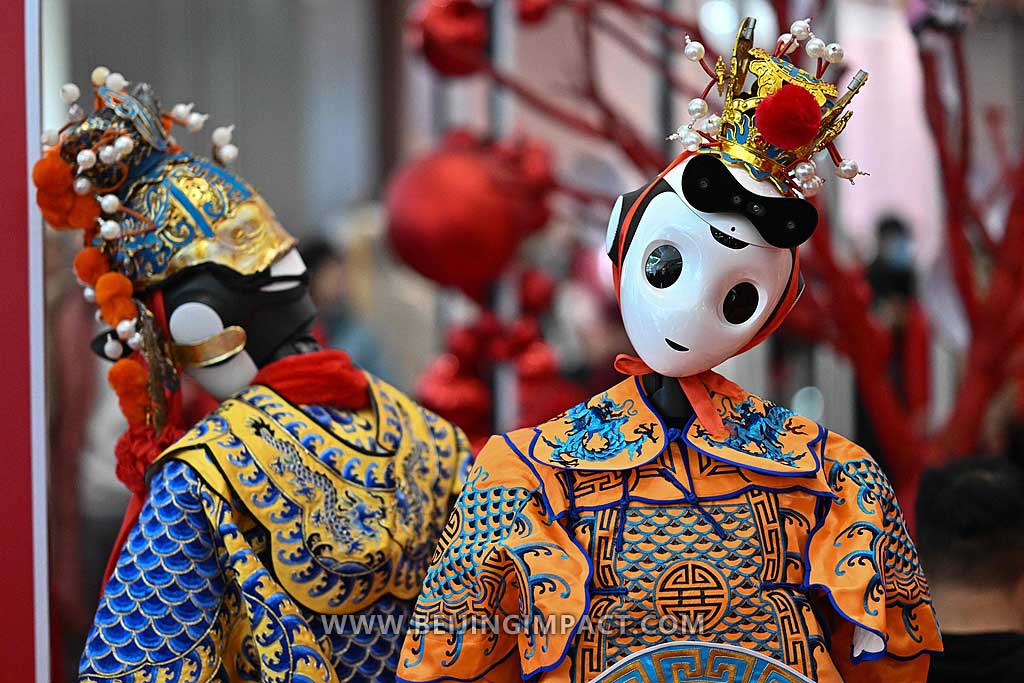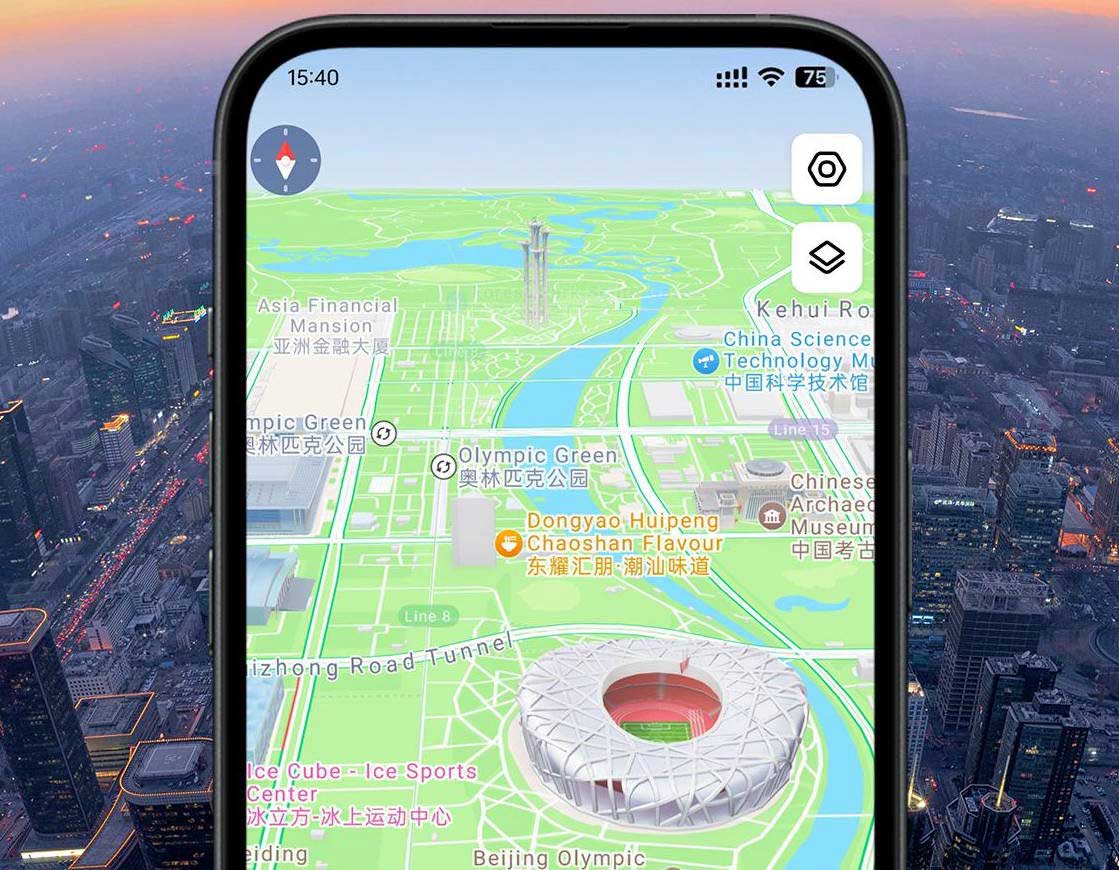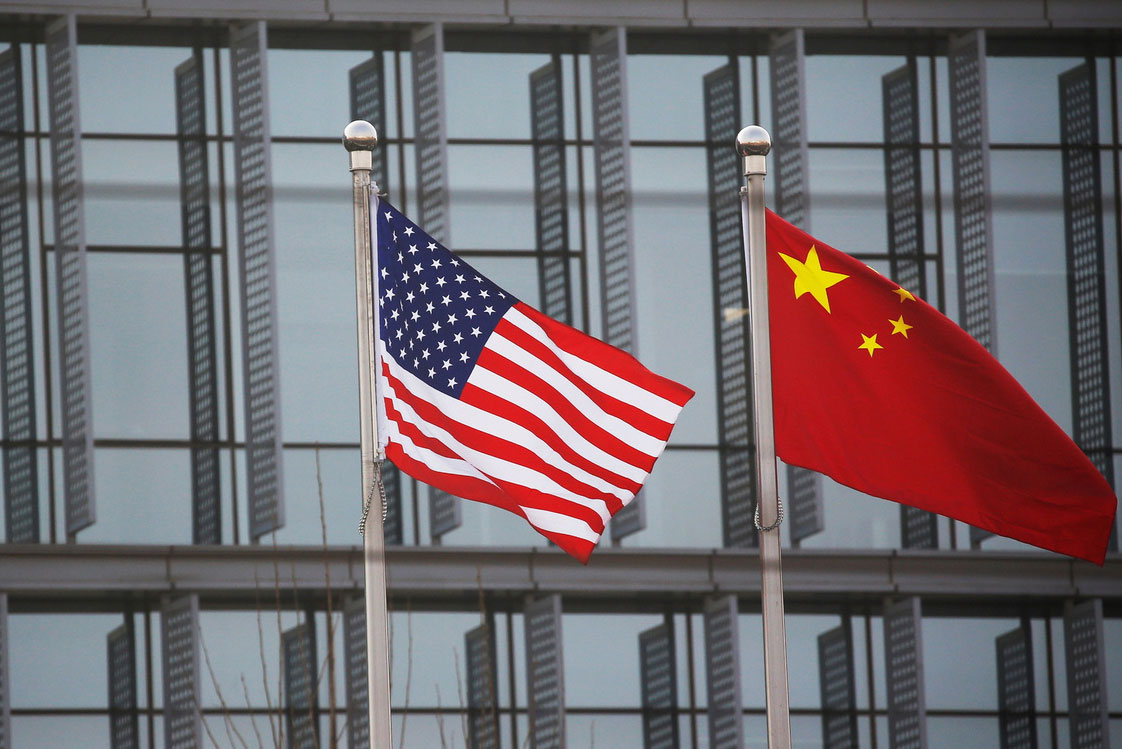Society
- Details
- By David Cao
- Hits: 279

China witnessed a remarkable surge in its culture and tourism market during the eight-day Spring Festival holiday, which ended on Tuesday, with several market segments climbing to all-time highs.
The Spring Festival, traditionally a peak and lucrative period for cinemas, saw record box office revenue and audience turnout highs this year, according to the China Film Administration on Wednesday.
Read more: China sees surging culture, tourism market during 2025 Spring Festival holiday
- Details
- By David Cao
- Hits: 309

The sequel to the blockbuster Chinese animation film, Ne Zha, was released on Chinese New Year's day, that is, Jan 29. It seems the general audience can't get enough of Ne Zha: Demon Child Conquers the Sea (Ne Zha 2), as many of them have returned to the theater a second, and even a third, time. Its total box office revenue of 5.8 billion yuan ($796 million) has surpassed The Battle at Lake Changjin, ranking first on the all-time Chinese box office chart, according to online platform data.
- Details
- By David Cao
- Hits: 319

Amap, a leading Chinese digital map provider, has launched the first English-language version of its popular navigation app, aiming to facilitate travel for the growing number of international tourists visiting China.
The app, available globally on both App Store and Google Play, provides a localized experience with English names and descriptions for attractions, eateries, accommodations and other key locations.
Read more: Amap (Gaode) debuts English navigation app for international tourists
- Details
- By David Cao
- Hits: 188

China has added 28 entities from the United States, including Boeing Defense, Space & Security and Lockheed Martin Corp, to its export control list, the Ministry of Commerce announced on Thursday.
Taking effect immediately, this move aims to safeguard national security and interests while fulfilling nonproliferation and other international obligations, the ministry said in an online notice.
- Details
- By David Cao
- Hits: 972

China's Ministry of Education has issued a circular urging universities across the country to plan ahead to add majors that meet social needs, in a bid to further improve the undergraduate program setup.
Read more: China urges universities to add majors that meet social needs
More Articles …
Page 2 of 255